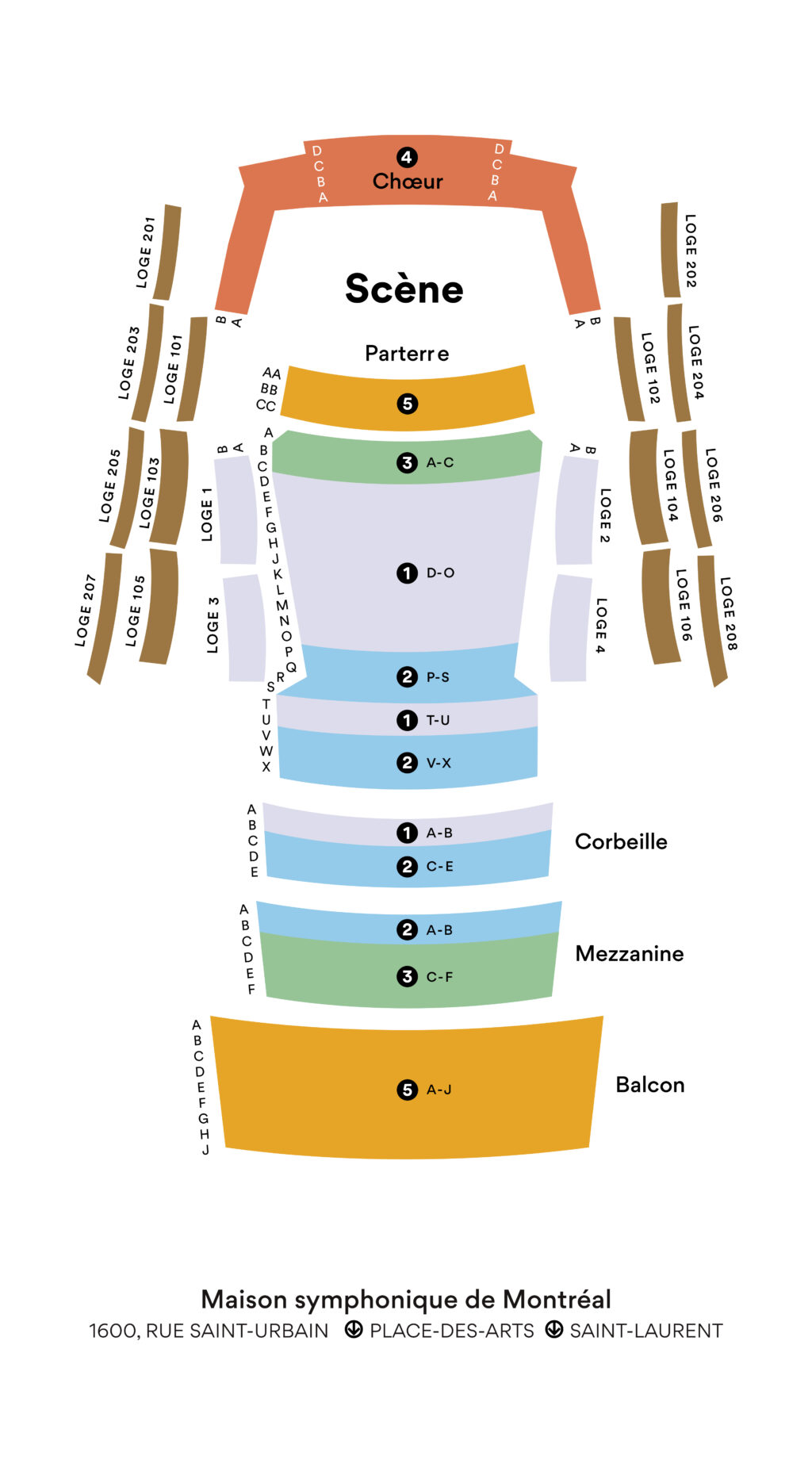Violin Concerto No. 2
Prokofiev
1891 – 1953
Sontsivka is a village of a few hundred inhabitants located about 130 kilometres north of Mariupol and 70 kilometres west of Donetsk in the Donbas region of Ukraine. Until very recently, one could visit the Sergei Prokofiev Museum there, for Sontsivka is where the eponymous composer was born on April 23, 1891. His father, Sergei Alexeyevich Prokofiev, had moved to the village from Moscow to work as an agronomist. His mother, pianist Maria Zhitkova, came from a local family very active in the performing arts, It was she who began young Sergei’s musical education.
In 1904, at 12 years of age, the precocious Prokofiev enrolled at the Saint Petersburg Conservatory, where he studied with Nikolai Rimsky-Korsakov. His talent was prodigious: by age 14, he had composed four operas, a symphony and sonatas. Over time, he developed a robust style, both acerbic and generously lyrical. His seven symphonies, 10 concertos (including concertante works), 13 operas, numerous songs and nine ballets make him something of a modern continuator of Tchaikovsky.
Fleeing the Russian Revolution, Prokofiev settled in the West in 1918, where he remained until 1936, first in the United States and then in Paris. His many globe-spanning tours brought him great success as a composer and a pianist. Among the more notable triumphs were his four first symphonies, his five piano concertos and his two concertos for violin. Confident in his standing, he moved back to the USSR in 1936, hopeful that his international reputation would guarantee his safety and peace of mind. How mistaken he was! Enlisted against his wishes as the regime’s official composer, he would be closely watched by Stalin’s fearsome authorities. In 1938, he was banned from leaving the country. He would stay there until his death on March 5, 1953, about 50 minutes before Stalin’s.
Prokofiev wrote his Violin Concerto No. 2 in 1935. During the same period, he was working on his ballet Romeo and Juliet, Op. 64. That explains the great similarity of expression in these two masterworks where bravura passages alternate with flights of heartfelt lyricism. The concerto is dedicated to the French violinist Robert Soetens (1897-1997), who Prokofiev had held in high esteem since hearing him premiere the Sonata for Two Violins, Op. 56.
© Claudio Ricignuolo
Translation by Craig Schweickert
